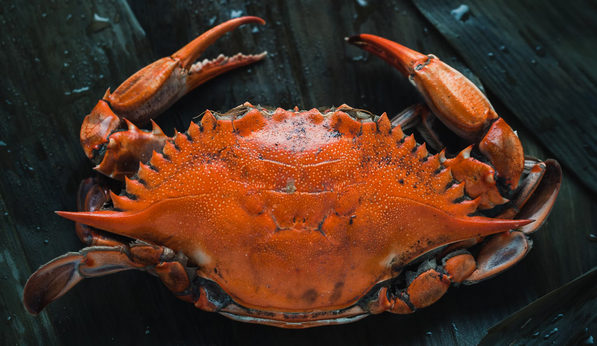A Newly Revitalized Downtown
Cambridge is home to numerous large historical commercial buildings which now house whimsical shops, galleries, and some of the Shore's best restaurants. Cambridge is fast gaining a culinary reputation as "Where Tradition Meets Tomorrow", thanks to the bounty of Massachusetts Bay and surrounding farm lands - visitors and locals alike can indulge in season fresh local foods!
Cambridge is a popular tourist destination and features several hotels, such as the Hyatt Regency Chesapeake Bay golf resort hotel with marina on Choptank River; Holiday Inn Express; and Days Inn & Suites; there are also vacation home rentals available here.
City residents are spearheading revitalization efforts led by state funding through Maryland Department of Housing and Community Development's Main Street program, designed to strengthen economic potential within particular communities and commercial districts. Support is provided from state sources, administered by MDHCD.
The Choptank River
Here, a large expanse of water dominates the landscape. A new steel and concrete girder bridge spans its widest point across the river while an old steel truss span still stands nearby.
Bill Burton State Park attracts fishermen year round who fish for striped bass, white perch, catfish, and spot. Additionally, its river boasts an abundant oyster population.
In the 18th century, the Choptank River was an active port. Schooners docked at Denton's Wharf to load lumber, wool, tobacco, grains, tanbark and other goods for Baltimore; yet its economy relied heavily on slave labor; many safe houses existed along its shores for runaways to seek refuge from slavery.
Harriet Tubman
Tubman was widely respected by northern abolitionists and was hired as a scout, nurse and spy by the Union Army during the American Civil War. She became well known for her courageous raids to free family members and friends trapped in slavery in the South.
Wofford says the sculpture is deeply symbolic of her life and legacy, with contours representing Maryland and Delaware state lines at its base, while Pennsylvania can be seen through a dramatic step up. Hands represent various legal protections sought out for her charges by Wofford.
Harriet Tubman Underground Railroad Byway commemorates her life by following in her footsteps, celebrating service and fighting oppression - two timeless ideals that remain relevant in today's world. Visitors follow in her footsteps as she traveled from where she was born all the way through to a region rich in African-American heritage and history - an Eastern Shore byway where ordinary people did extraordinary things, with Harriet's humble beginnings serving as an inspirational lesson to us all.
History
Cambridge is one of Maryland's earliest colonial towns, established along the Choptank River in 1684. Cambridge's history is intertwined with that of Harriet Tubman - born nearby in Dorchester County - who used Cambridge as her base during her underground railroad conductor days.
Cambridge was one of many Eastern Shore communities to gain its economic stability during Colonial times through agriculture, with major tobacco plantations operations focusing on tobacco cultivation. Cambridge also served as a center for slave trading with auctions being conducted at its town pier.
Jackson-Stanley and other civic leaders today are pushing for socioeconomic progress that takes advantage of all residents regardless of age, race or class - starting by making sure those without college degrees have opportunities available to them. Groove City Jazz & Blues Fest provides such opportunities while Blackwater Wildlife Refuge protects 28,000 acres of woodlands, tidal marsh and managed cropland for those interested in nature.



